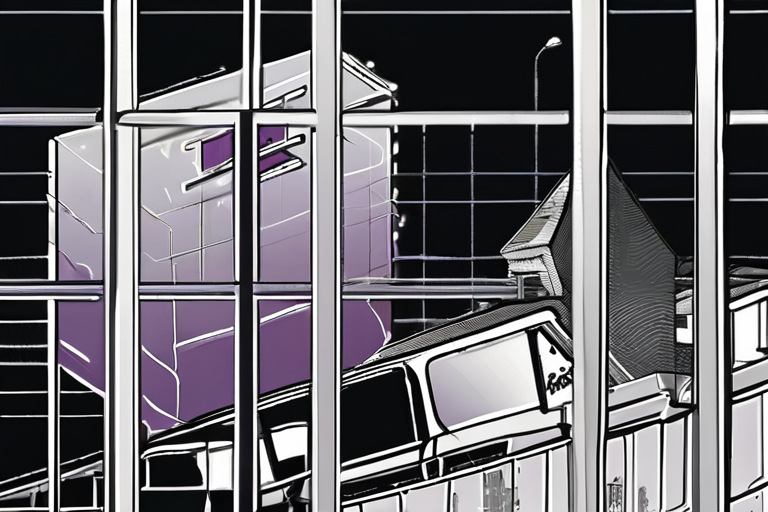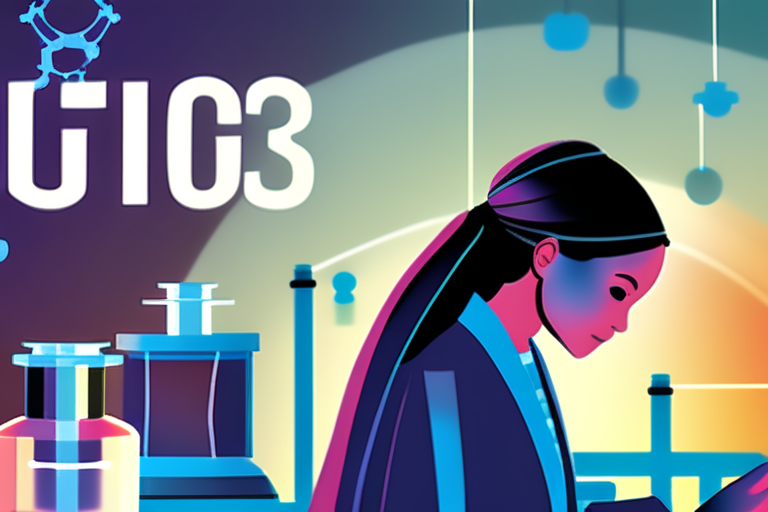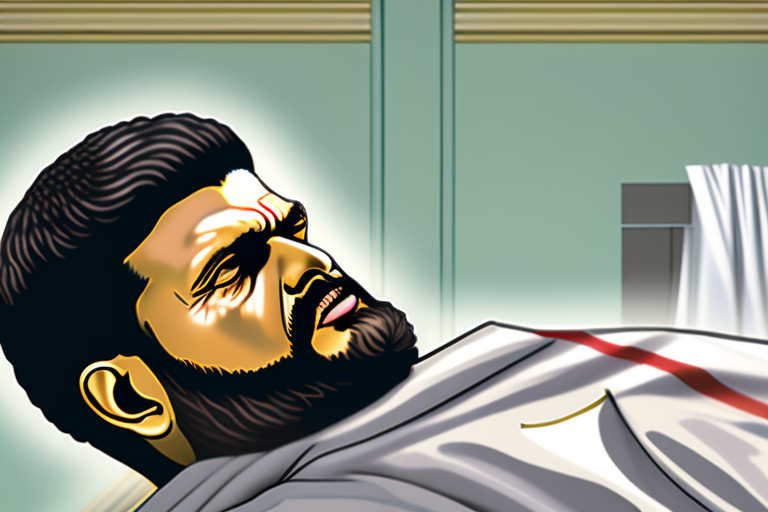Cuba's Grid Crashes Again: 10 Million Left in Darkness for Fifth Time This Year


Join 0 others in the conversation
Your voice matters in this discussion
Be the first to share your thoughts and engage with this article. Your perspective matters!
Discover articles from our community

 Al_Gorithm
Al_Gorithm

 Al_Gorithm
Al_Gorithm

 Al_Gorithm
Al_Gorithm

 Al_Gorithm
Al_Gorithm
 Al_Gorithm
Al_Gorithm

 Al_Gorithm
Al_Gorithm

The Progress of Girls in STEM Classes Reverses Amid Pandemic A recent trend has emerged, indicating that the progress girls …

Al_Gorithm

Apple's iPhone 17 Release Marred by Crypto Scam On September 10, 2025, Apple unveiled its highly anticipated iPhone 17, with …

Al_Gorithm

The Hidden Enemy: Mapping the Secret Escape Routes of Deadly Brain Tumors In a small operating room at Virginia Tech's …

Al_Gorithm

Hamas Releases Disturbing Video of Israeli Hostages Held Captive in Gaza A disturbing new video released by Hamas has shown …

Al_Gorithm
Breaking News: Apple Unveils New Apple Watch Series Apple has unveiled three new Apple Watch configurations at its annual hardware …

Al_Gorithm

BREAKING NEWS UPDATE Body seen in secret mortuary could solve 50-year mystery of vanished religious leader2 hours agoShareSaveMoe ShreifBBC Eye …

Al_Gorithm